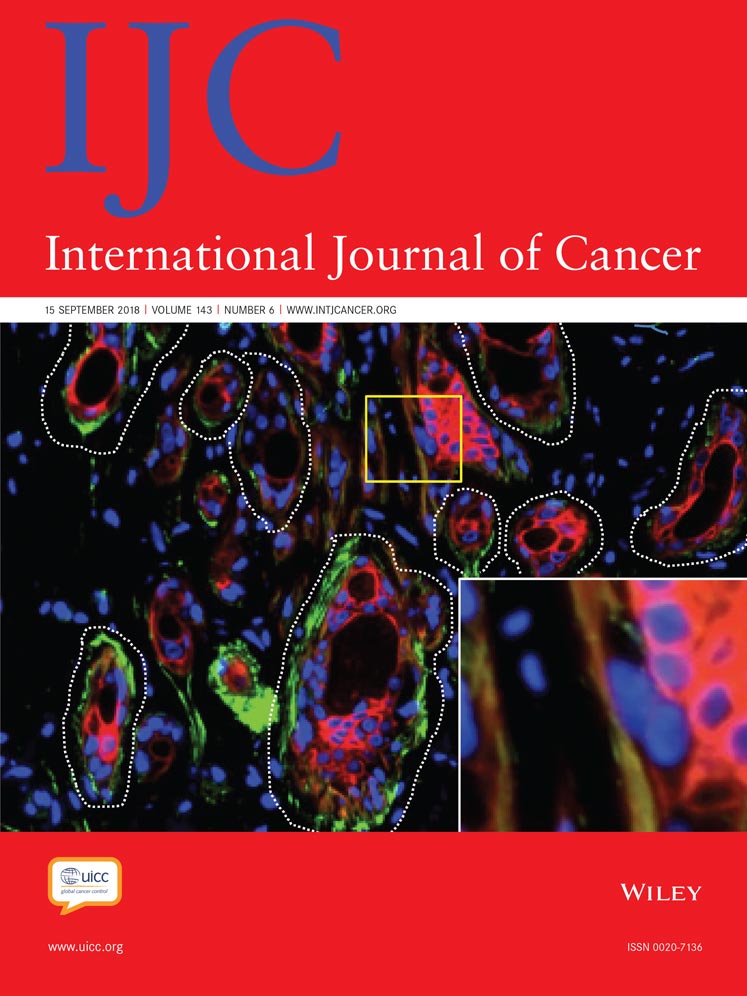Impact of iASPP on chemoresistance through PLK1 and autophagy in ovarian clear cell carcinoma
Conflict of Interest: The authors declare no conflict of interest.
Abstract
Ovarian clear cell carcinoma (OCCC) is a type of epithelial ovarian cancer that is strongly associated with endometriosis, resistance against conventional chemotherapy and thus poorer prognosis. The expression of inhibitory member of the ASPP family proteins (iASPP) and Polo-like kinase (PLK)1 were significantly higher in OCCC compared to benign cystadenomas and endometriosis. Both protein expressions were found to correlate with chemoresistance in patients with OCCC while high iASPP expression alone was significantly associated with a poor patient survival. The growth of OCCC cell lines, OVTOKO and KK, were inhibited after iASPP silencing. Such effect was related to senescence triggering as evidenced by increased SA-β-Gal staining and p21WAF1/Cip1 expression. Moreover, knockdown of iASPP induced PLK1 downregulation, whereas either genes’ silencing sensitized the cells in response to cisplatin treatment. More prominent apoptosis was induced by cisplatin in OCCC cells after the knockdown of either iASPP or PLK1 as evidenced by the formation of more cleaved caspase 3. Heightened chemosensitivity to cisplatin after iASPP knockdown was further demonstrated in in vivo xenograft model. Additionally, both iASPP and PLK1 were shown to regulate autophagic flux as the induction of LC3B-II and LC3 puncta were much less in OCCC cells with either knockdown. Importantly, inhibition of autophagy also enhanced chemosensitivity to cisplatin in OCCC cells. These findings strongly imply that iASPP and PLK1 affect the chemoresistance of OCCC via the regulation of autophagy and apoptosis. Both iASPP and PLK1 can be potential therapeutic targets for treating OCCC in combination with conventional chemotherapy.
Abstract
What's new?
Compared to other ovarian cancer histotypes, ovarian clear cell carcinoma (OCCC) is highly resistant to conventional chemotherapeutic agents. While mechanisms remain unclear, OCCC chemoresistance likely is linked to elevated expression of iASPP, an inhibitory member of the otherwise apoptosis-stimulating ASPP protein family. Here, expression of both iASPP and polo-like kinase 1 (PLK1) was correlated with OCCC chemoresistance, while high iASPP expression alone was associated with poor survival in OCCC patients. Sensitivity to cisplatin increased in vitro and in vivo following iASPP knockdown. Further in vitro studies demonstrated a critical role for iASPP and PLK1 in the maintenance of autophagy.




